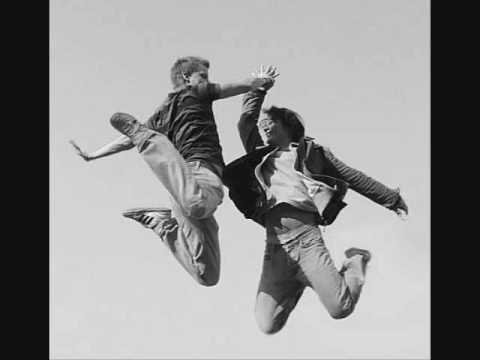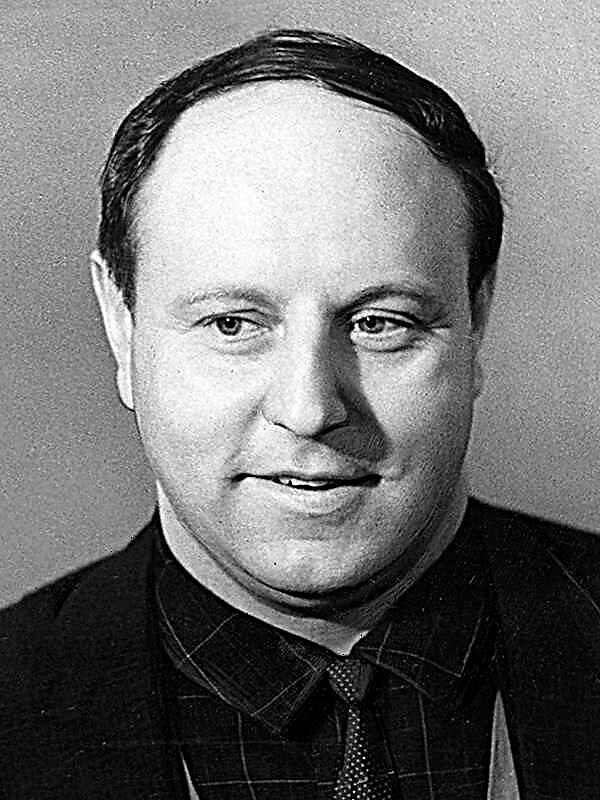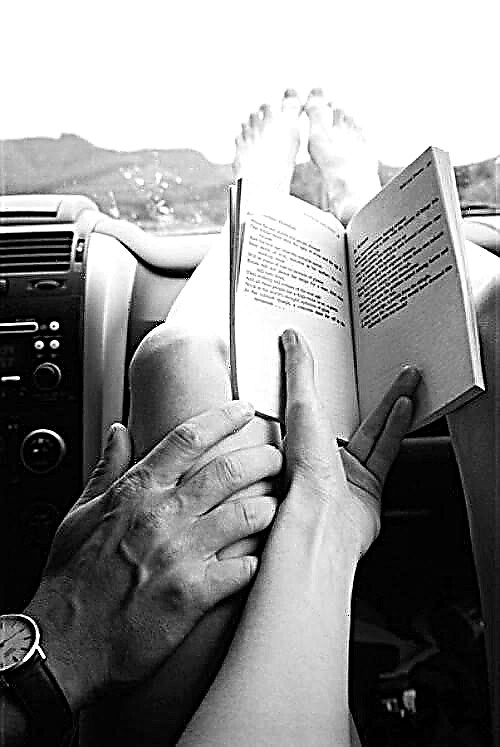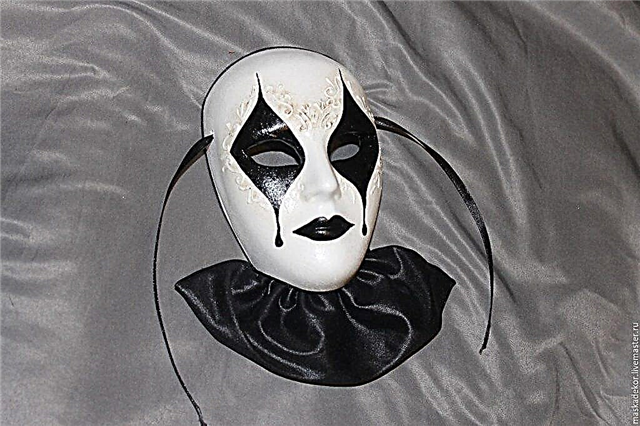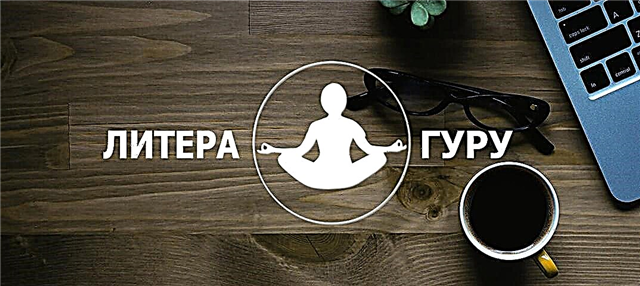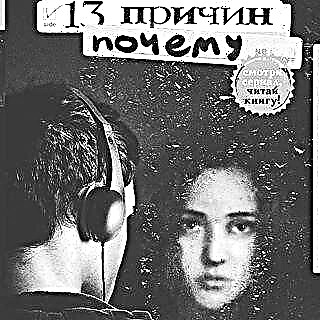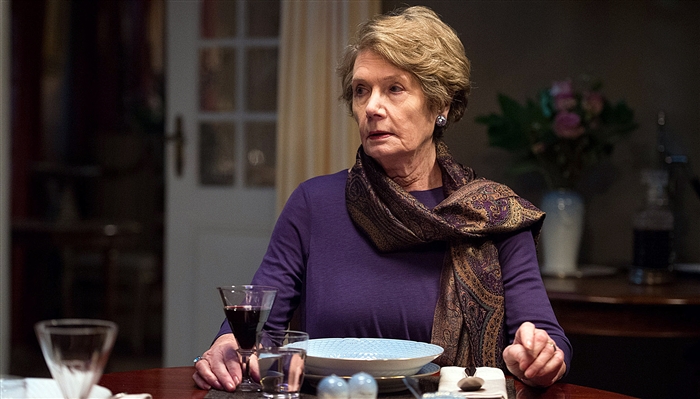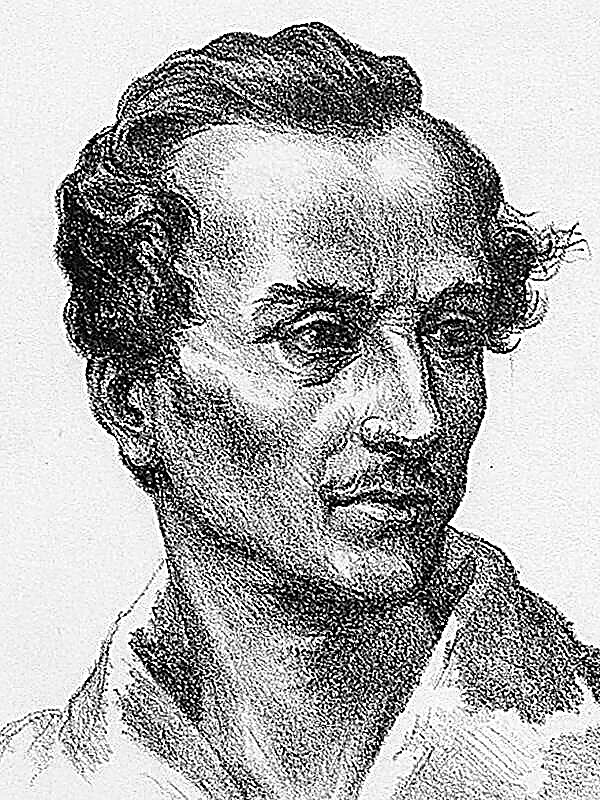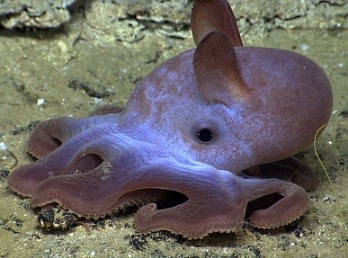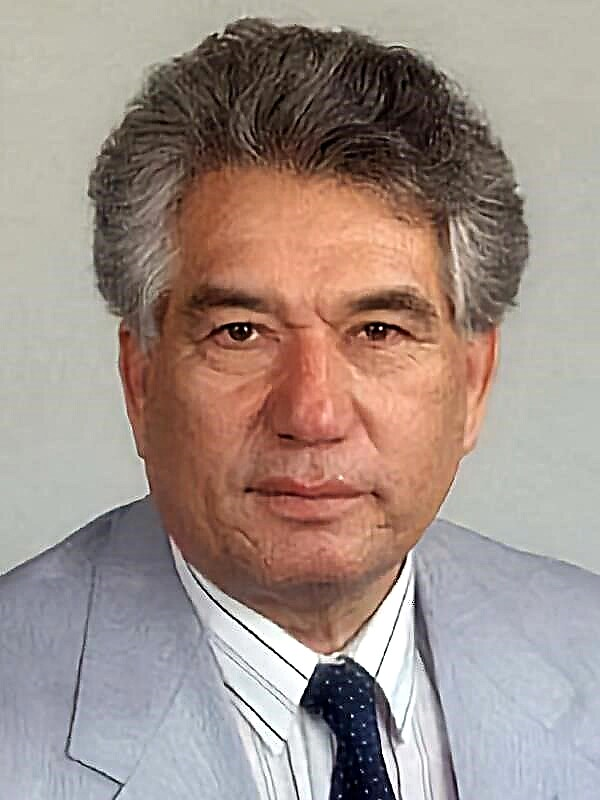The events of the play take place in the village, which are half-owned by Chestin and Eugenia. It so happened that once they were passionately in love with each other, dreamed of happiness, but Eugenia's father decided to marry her to a rich old man. Eugene did not dare to disobey her father's will. Chestin with grief went to war to seek his death, but his bullets shied away.
However, their separation was not so long: the angry and rich old man, almost torturing Eugene with jealousy, died, leaving her a rich inheritance, including half the village. The mistress of the other half was the old lady, mother Chestina. She put all the men on the ground, brought out drunkenness; its peasants lived solidly - they worked a lot, but they had a lot. She lived on the estate without interruption, and her ornate loneliness was brightened up by the orphan Matvey, whom she picked up, went out, nourished and brought up as a boy. Dying, she instructed her son to continue to take care of Matthew.
And for the first time Chestin comes to the family estate, where, among other things, he hopes to see his former love - so hastily abandoned him Eugene.
The action opens with a revolt of the elder Vlas and his wife Esau. Vlas has long been harassed by the profits of their rich neighbor Paramon, who goes to St. Petersburg in the winters and sells himself to a noble capitalist. Paramon’s son, Aksyon, is a rustic fool, but this doesn’t bother Vlas (“hens don’t peck money,”) and he wants to give his daughter Anyuta as Aksyon.
Paramon is not opposed - a girl at least where: a worker, and a smart girl, and a beauty - and who will follow his fool? Amorous conversation between Paramon and Vlas ends the conversation: having discussed the future wedding and shook hands, the old people go to drink beer. But here on their way Ignat Khvatov grows up - a servant of Chestin, a broken little, kind of Figaro. As he puts it: “master, nowhere without me. "He has everything I - and I give, and I accept, and I dress, and I follow him, and I am in front of him!" Introducing himself to the elder, Khvatov lists so many of his duties - from the "valet" to the "confidant" that the rustic wife of the elder Isvan gasps: how many names he has spoken - an abyss! If a serf has so many names, then the master has hundreds of them. As they remember something ?!
With a lively Khvatov, the sedate village life began to stir: he himself examined whether the lordly chambers were ready, checked supplies, and gave short, soldiersly clear commands.
At this time, Anyuta, the elder’s daughter, returns from the forest glades. By the time the master arrived, she was instructed to collect a strawberry basket. At the house she is met by Matvey, a pupil of the old lady.
Matvey lives on a rampart, he does not plow land, although he does not sit idle: he dug up the wasteland, planted a garden there, grew flowers, berry bushes, fruit trees. Matvey is reliable in helping everyone who asks; and he helps the elder - then put the tyn, then sheep the sheep. However, he has a special interest in the headman - Matvey has long been taking his eyes off Anyuta. She is also fond of her, but, taught by one of her older girlfriends, she is afraid to show her love: according to legend, as soon as a guy declares his sympathy, his love will blow it away right away.
Matvey and Anyuta talk for a long time. They start with tenderness, then quarrel, quarrel in their hearts, diverge in different directions, then they reconcile, declare their love and end with timid, semi-childish kisses.
Inspired Matvey rushes to the headman. He, already familiar with the straightforwardness and truthfulness of the lord, at first takes it cautiously, but when he learns that Matvey has come to ask for blessings for marriage, he blossoms: now, they say, long ago, “without an old man, you can’t do anything!” Vlas promised Matvey all kinds of support, he’s ready to go matchmaking himself, but - whom? Who is the bride? - finally curious Vlas. Matvey falls to his knees: "Father, bless Anyuta!" Hearing the name of his daughter, Vlas and Paramon make Matthew laugh. Bobyl vows not to allow Anyuta's wedding with his son Paramon.
Meanwhile, Khvatov, flying around everywhere, ran into a person who was noticeably different from village girls. Those are uninteresting to him, he is sure of victory over them: can any of them resist such a fine fellow ?! And here is one on the track of a different kind. Stepping closer, he recognizes in her Anisya, the servant of Eugenia, his former love. She blames him for his past rapid flight; Khvatov is justified by the fact that his master was not in himself, lost his head from love, and could have done something with himself.
Having reconciled, they discuss the situation - will the deadly in love Chestin and Eugene make steps towards each other? But here are the gentlemen themselves. A general conversation ensues, at first full of awkwardness and mutual stabbing reproaches. But it seems that the coals under the ashes are hot, and the former passionate love burned again.
Chestin is embarrassed that Eugene became the owner of a huge fortune. How will evil tongues deal with this? Will they attribute to him a monetary interest?
Meanwhile, the ridiculed Matvey in sorrow sits in a clearing, nothing is sweet to him - hope flickered and deceived! Quarreling, Khvatov and Aksyon approach him. Barin wants to give presents to the village ladies and women, and Khvatov bought ribbons, lace, glass beads, and copper rings for him in the shop of Paramon. The goods came out at almost eleven rubles, but while his father was gone, he let go of Aksyon, who can only count as Altyns, and the imperial handed over by Khvatov (10 rubles gold) was taken for a ruble coin. Khvatov exhausted all his eloquence, ridiculing a fool; but he is also stubborn. For help in the account, Khvatov turns to Matvey, but the annoyed Matvey sends them “to hell”. Khvatov instructs his fists. At this time, Chestin and Eugene appear and warn melee. They are curious that a peasant who speaks so fluently cannot count. Matvey has nowhere to go, and he continues to claim that he has not learned counting. Laughing, Eugenia orders him to put his hat on, pours out all the silver trifle from his wallet, and offers Chestin to do the same. “You will,” she triumphs, “yours!” “Yes, I already believe you,” Matvey cunningly, “how can such a lady deceive!” Eugene rewards him for wit and gives all the silver. The happy Matvey rushes to the headman - now he just won’t stand it: how much money is there!
And the old people, Vlas and Paramon, can not in any way destroy Anyuta. The girl weeps bitterly after learning that she was doomed to wives to the foolish Aksyon. The cunning Vlas decides to bribe Khvatov so that he speaks Matvey. Khvatov, without chewing, recounts the money and, as he has learned, cleverly lies, that Matvey was lying at the feet of the master, begging permission to marry, and the master, saying that he was convinced of the love of the boss, gave permission. Listening to this, Anyuta is delighted. Then, as if by chance, Vlas asked Khvatov - but because of whom was the leg lying around? Who is the bride? And Khvatov without hesitation calls Malanya, Vikulova’s daughter. Annie is furious: Matvey cheated on her! The girlfriends were right - you can’t talk about love. She said - and there is no love!
Annie jumps out into the street and meets Matvey. In a long conversation, they put up. Anyuta realizes that Matthew was slandered. Now they are boldly going to the headman, and Matvey gives money. However, where did the unfortunate lord come from so much silver? The old people decide that Matvey climbed into the shop of Paramon, not for nothing that he boasted to teach a rich man a lesson. Matvey knit like a thief and lead to the master.
The final general scene explains everything. Eugene confirms that the money belongs to Matvey. He really rushes to the gentleman's feet, and Chestin agrees to his marriage to Anyuta. Looking at the joyful Annie and Matvey, Eugene accepts Chestin's offer, and the cheerful Chews, in order to keep up with the gentlemen, announces his wedding with Anisya. “At one o'clock the master, the lord and the servant marry,” Khvatov addresses the audience. “Try to guess who is happier?”

